
Rediscovering a Nation
Other Books by Michael Wayne Santos
Caught in Irons: North Atlantic Fishermen in the Last Days of Sail
A Beacon through the Years: A History of Lynchburg College, 19032003
United States Foreign Policy 19451968: The Bomb, Spies, Stories, and Lies
Clouds of White Sail: Fishermen, Racing, and the End of an Era
A Radical Proposal to Reinvigorate the Teaching of the Liberal Arts
Published by Rowman & Littlefield
An imprint of The Rowman & Littlefield Publishing Group, Inc.
4501 Forbes Boulevard, Suite 200, Lanham, Maryland 20706
www.rowman.com
86-90 Paul Street, London EC2A 4NE
Copyright 2022 by The Rowman & Littlefield Publishing Group, Inc.
All rights reserved . No part of this book may be reproduced in any form or byany electronic or mechanical means, including information storage and retrieval systems, without written permission from the publisher, except by a reviewer who may quote passages in a review.
British Library Cataloguing in Publication Information Available
Library of Congress Cataloging-in-Publication Data
Names: Santos, Michael Wayne, author.
Title: Rediscovering a nation : will the real America please stand up? / Michael Wayne Santos.
Description: Lanham, Maryland : Rowman & Littlefield, 2022. | Includes bibliographical references and index. | Summary: Many Americans wonder how our politics became dysfunctionaland what it will take to fix it. Michael Wayne Santos takes readers on a journey to the heart of the American nation and the values that have allowed us to overcome previous challenges, sometimes in spite of ourselvesProvided by publisher.
Identifiers: LCCN 2022001237 (print) | LCCN 2022001238 (ebook) | ISBN 9781538169216 (cloth) | ISBN 9781538169223 (epub)
Subjects: LCSH: Political cultureUnited States. | Political ethicsUnited States. | Civics. | United StatesPolitics and governmentMoral and ethical aspects.
Classification: LCC JK1726 .S324 2022 (print) | LCC JK1726 (ebook) | DDC 306.20973dc23/eng/20220215
LC record available at https://lccn.loc.gov/2022001237
LC ebook record available at https://lccn.loc.gov/2022001238
 The paper used in this publication meets the minimum requirements of American National Standard for Information SciencesPermanence of Paper for Printed Library Materials, ANSI/NISO Z39.48-1992.
The paper used in this publication meets the minimum requirements of American National Standard for Information SciencesPermanence of Paper for Printed Library Materials, ANSI/NISO Z39.48-1992.
For the Two Things I Love Most in Life:
My Wife, Mary Colin,
and
My Country;
and
For the Memory of Daisy
CONTENTS
Guide
T his book began as I tried to make sense of what was happening to my country after the 2016 presidential election. I was clearly not alone in this. Most sane Americans watched first in disbelief, then frustration, then anger, and even despair. To view the news was to simultaneously rage and weep at what Donald Trump and his administration were doing to the nation I love. Just when I thought things could not get worse, when the president and his minions could not go any lower, they found new bottoms and continued to drill down. As I joked with my wife, when they reached what seemed to be bedrock, they looked for a shovel. When that wasnt good enough, out came the jackhammer. Then the backhoe, etc., etc., ad nauseam.
Im lucky to have a venue in which to sort out my feelings, because I teach history to college students. Together, we sought to understand how we had gotten to this place and time. Clearly there were unresolved issues like systemic racism that had gone largely ignored since the founding of the Republic, which allowed Trumps hate- filled agenda to find traction. There were also new complicating factors, like the creation of news silos that, despite the information superhighway created by the internet, made us more isolated and insular.
There was, however, something else in the American story that was being forgotten in the twenty- four- hour- a-day news coverage that fixated on Mr. Trumps buffoonery. He represented a very real part of America that has always lurked in the shadowsthat is true. Still, he did not represent the heart of the nation.
He and his enablers did not understand the foundational principles that allowed the country that he failed to lead and sought to destroy to move from a loose, vulnerable collection of thirteen states pressed up against the Eastern Seaboard to the worlds dominant superpower. To look at that history was to stand humbly in awe of the birthright that previous generations had bequeathed to us.
As I spoke to my students, I found myself, more than ever, harkening back to the lessons of the past that allowed us to overcome the odds, to the ideals that kept us honest, sometimes despite ourselves. I found myself talking about the heroes and heroines who challenged us to be better versions of ourselves. In short, I began reflecting on what I have always asked my students to do: think in terms of the legacies of the past for an understanding of the present.
The results were enlightening, and they ultimately restored some hope for me, for my students, and for my family and friends when they were discussed and shared. That is what this book seeks to doto share some of the reflections that a crisis of faith about the nation I love have led me to. What are the legacies of this country, handed down to us by the Founders? What have previous generations done to keep the principles on which the Republic rests alive and to advance their implications for more and more people? Where were the fault lines that put the American experiment at risk, and how have we overcome them? And when we have failed to overcome them, what possible lessons are there for understanding what America is and can become?
A belief in self- evident truths about human rights and dignity provide us a high bar to reach for, but then again, as Robert Browning once said, A mans reach should exceed his grasp, or whats a heaven for? And here, as with the words from the Declaration of Independence, may lie a central truth about the American Republic: its emphasis on our very humanity. With all our flaws as human beings, we seek to be better, to reach for more, and that is only possible when we are free.
There have and always will be obstacles to making the ideals that Thomas Jefferson penned in the Declaration of Independence real. In fact, it may fairly be said that the miracle of America is that it has survived and become the nation it has. After all, its founding conceptlibertyis by its very nature antithetical to the existence of a country, which requires union to exist, let alone thrive.
If human beings are even partially free to be themselves, the tendency is to fragment. Yet without unity, there can be no guarantee of liberty (or anything else). Finding and constantly recalibrating the balance point where liberty and union can coexist in dynamic tension with each other and allow for the nation to progress was, and is, a remarkable achievement and an unending challenge. But without the inherent give- and- take born of liberty that leads to conflict, the nation would likely not have been able to move forward or to endure.
For the enterprise to work, though, citizens must be resilient, tolerant of dissent, and able to agree to disagree. Weve had a few close calls. We have indulged our darker impulses. But despite everything, the nation has been able to absorb change, be open to those who bring with them different cultures and points of view, and create a uniquely human (and, by extension, American) amalgam. As the grandchild of working- class Portuguese immigrants who arrived on these shores at the turn of the twentieth century, I can personally attest to what the American Dream looks like.
Next page

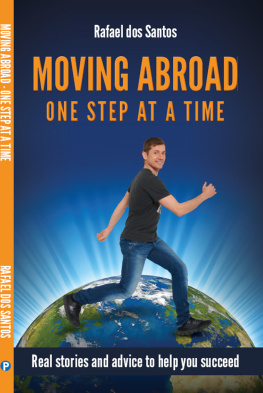
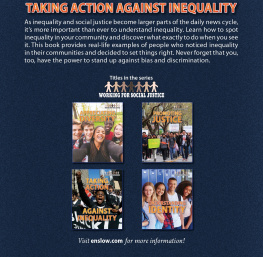
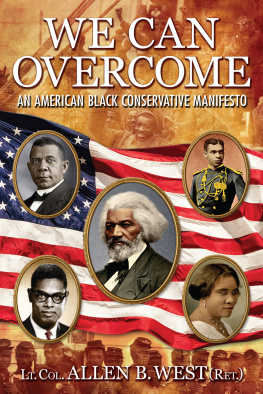
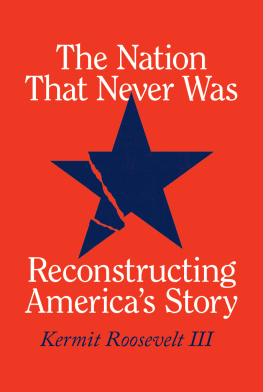
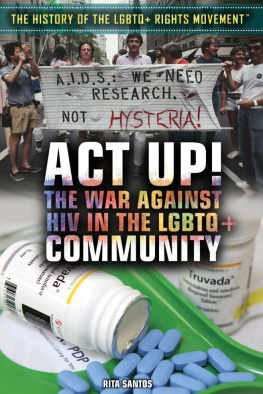
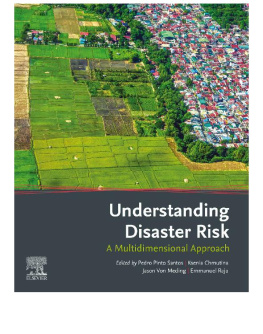


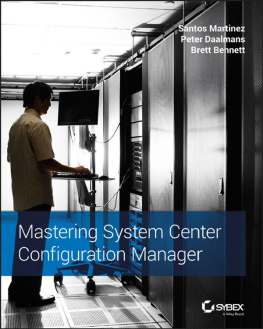

 The paper used in this publication meets the minimum requirements of American National Standard for Information SciencesPermanence of Paper for Printed Library Materials, ANSI/NISO Z39.48-1992.
The paper used in this publication meets the minimum requirements of American National Standard for Information SciencesPermanence of Paper for Printed Library Materials, ANSI/NISO Z39.48-1992.